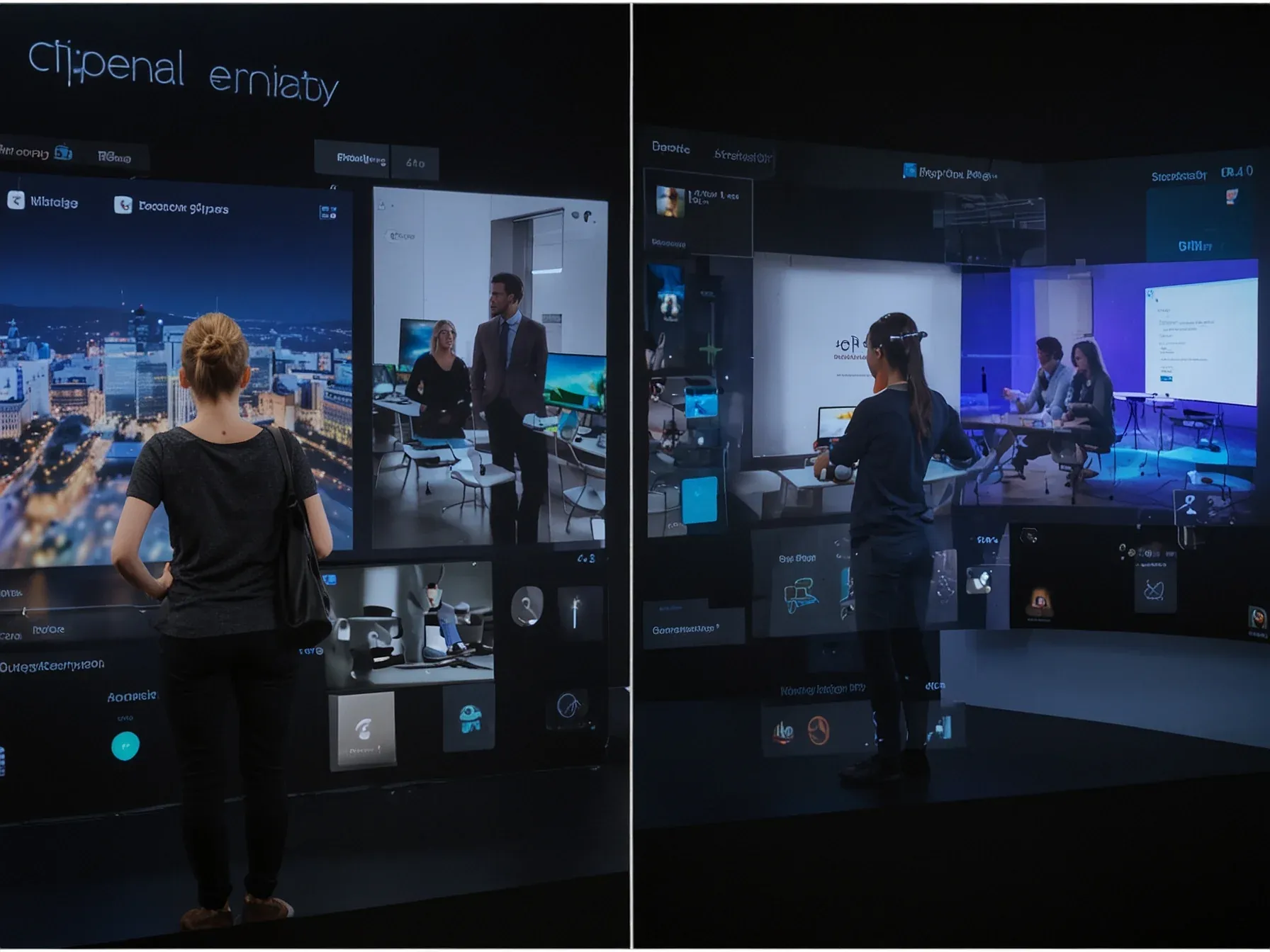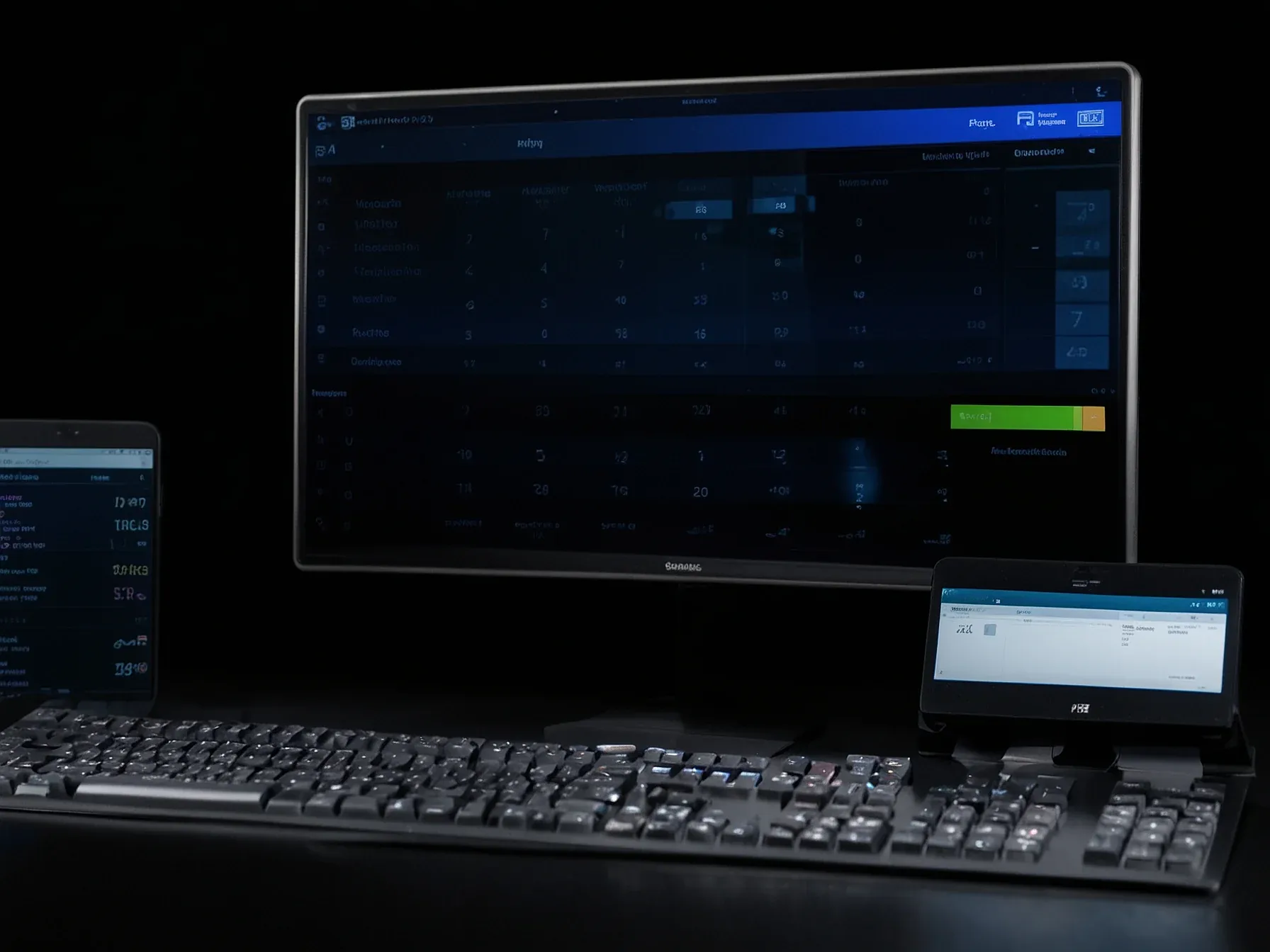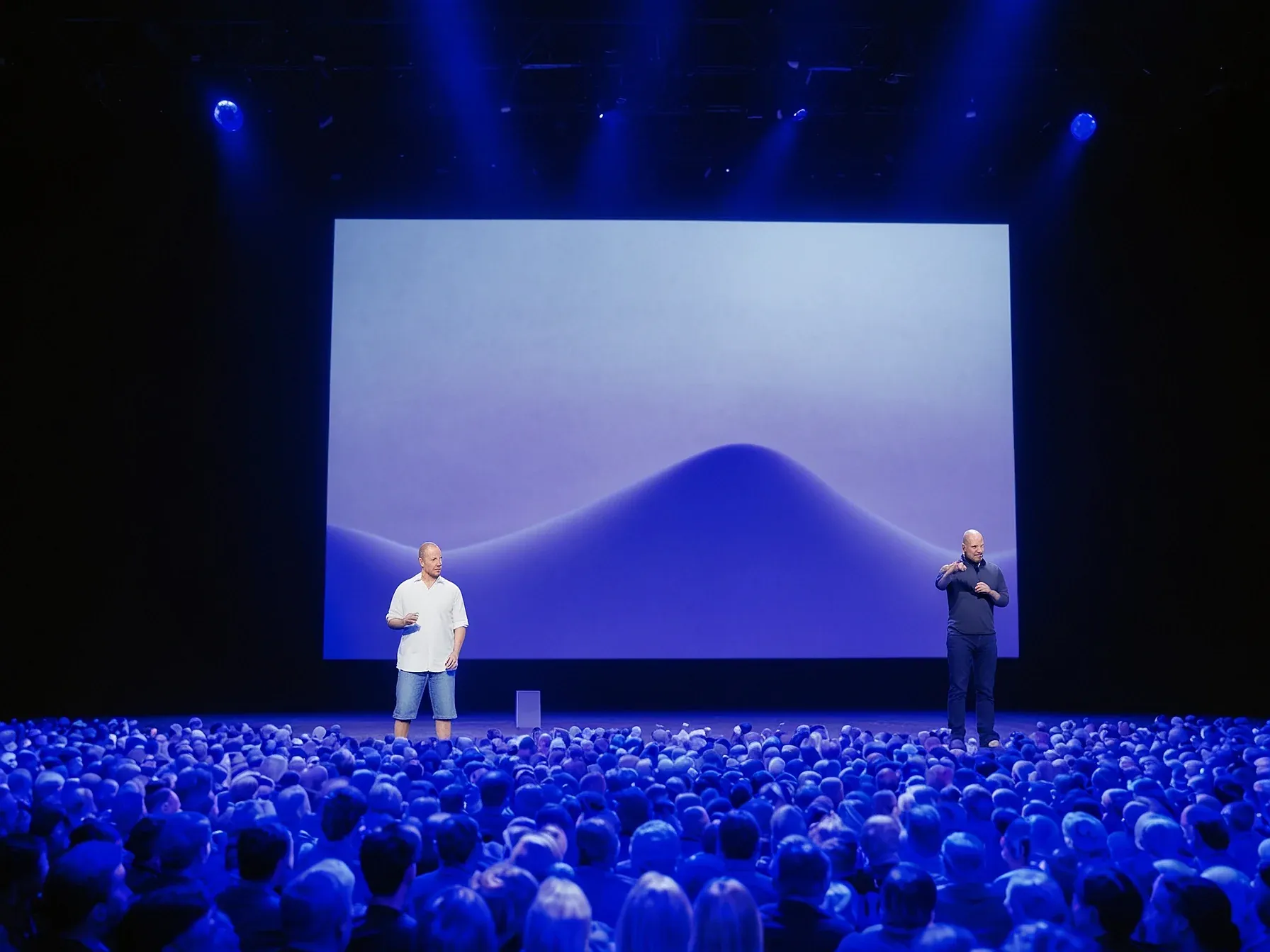
Editorial illustration for ChatGPT's New Shopping Agent Taps Personal Memory for Product Comparisons
ChatGPT Shopping Agent Uses Personal Memory for Deals
OpenAI launches ChatGPT shopping agent that uses memory data to compare products
Shopping just got smarter, and potentially more invasive. OpenAI's latest ChatGPT feature introduces a shopping agent that can tap into personal memory data to help users compare products, raising fresh questions about privacy and data use.
The new tool promises personalized recommendations by drawing on a user's previous interactions and preferences. But convenience comes with a cost: how much personal information are consumers willing to share?
Tech watchers have long wondered how OpenAI would monetize its blockbuster AI platform. This shopping agent represents a clear strategy: turning user data into a valuable service that could generate significant revenue.
For consumers, the pitch is simple: get tailored shopping advice without endless scrolling and research. Yet the underlying mechanism, an AI system that remembers and analyzes your past choices, feels both impressive and slightly unsettling.
As the tech world watches, one critical question emerges: Who truly owns the data powering these recommendations?
I know I'm not the product--I'm paying, and that's how the business model works." With the new shopping agent using personal memory data to make purchase recommendations, that concern now feels more tangible. The pressure to justify OpenAI's massive valuation could push the company toward monetizing user data for targeted advertising or earning commissions on purchases. Deep Research, now optimized for shopping According to OpenAI, Shopping Research runs on a mini model post-trained on GPT-5-Thinking-mini.
The model was trained using reinforcement learning specifically for shopping tasks, with a focus on reading reliable sources and synthesizing information. It resembles OpenAI's existing deep research feature ("researches deeply across the internet") but tuned for e-commerce.
The new ChatGPT shopping agent raises intriguing questions about data privacy and user trust. OpenAI's latest feature seems designed to use personal memory for product comparisons, but the underlying business motivations are murky.
Users might feel uneasy about how their data could be used beyond simple recommendations. The quote "I know I'm not the product--I'm paying" suggests a tension between consumer expectations and potential corporate strategies.
Pressure to justify the company's massive valuation could tempt OpenAI toward more aggressive data monetization. This might include targeted advertising or earning commissions through purchase recommendations.
The shopping agent's reliance on personal memory data makes data privacy concerns feel more immediate. While the technology sounds convenient, users will likely want clarity on how their information gets processed and potentially shared.
Deep Research's optimization for shopping indicates OpenAI's strategic pivot toward more personalized, data-driven consumer experiences. Still, the long-term implications remain uncertain.
Further Reading
- Google announces a new protocol to facilitate commerce using AI agents - TechCrunch
- Gemini strikes new deal with Walmart, further narrowing... - Business Insider
- Why the AI shopping agent wars will heat up in 2026 - Modern Retail
- What Is ChatGPT's Shopping Research? How AI Agents... - Oscilar
Common Questions Answered
How does ChatGPT's new shopping agent use personal memory for product comparisons?
The new shopping agent draws on a user's previous interactions and preferences to generate personalized product recommendations. By tapping into personal memory data, the tool aims to provide more targeted and relevant shopping suggestions.
What privacy concerns are raised by ChatGPT's personal memory-based shopping feature?
The feature raises significant privacy questions about the extent of data usage and potential monetization of user information. Users may be uncomfortable with how their personal data could be leveraged beyond simple product recommendations, potentially for targeted advertising or earning purchase commissions.
What tension exists between user expectations and OpenAI's business model with this new shopping agent?
While users believe they are paying customers and not the product, the new shopping feature suggests potential underlying business motivations to monetize personal data. The tool creates a complex dynamic where convenience and personalization potentially conflict with user privacy concerns.








